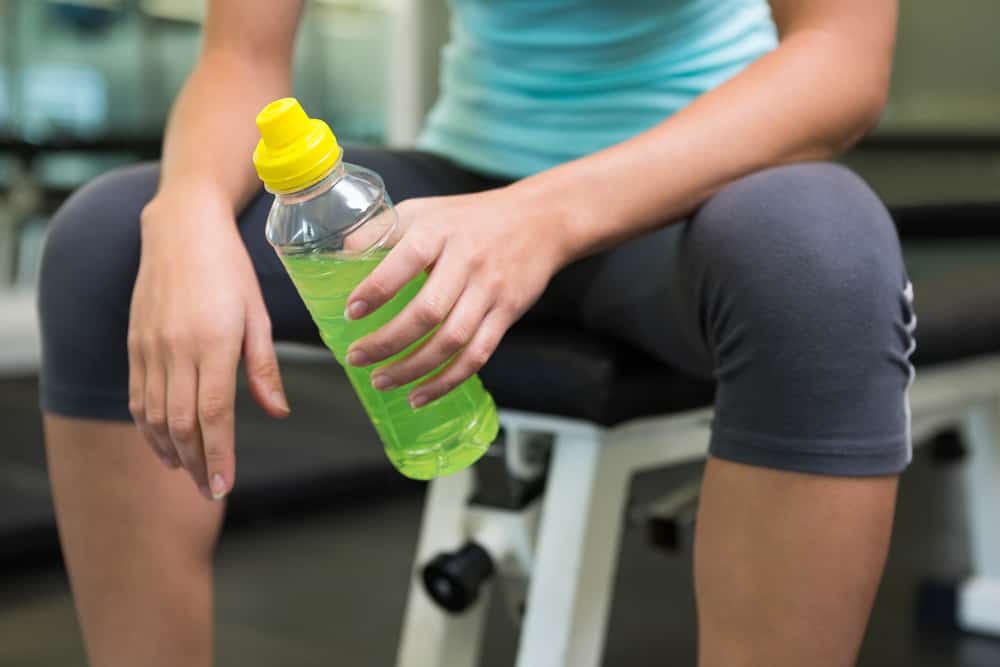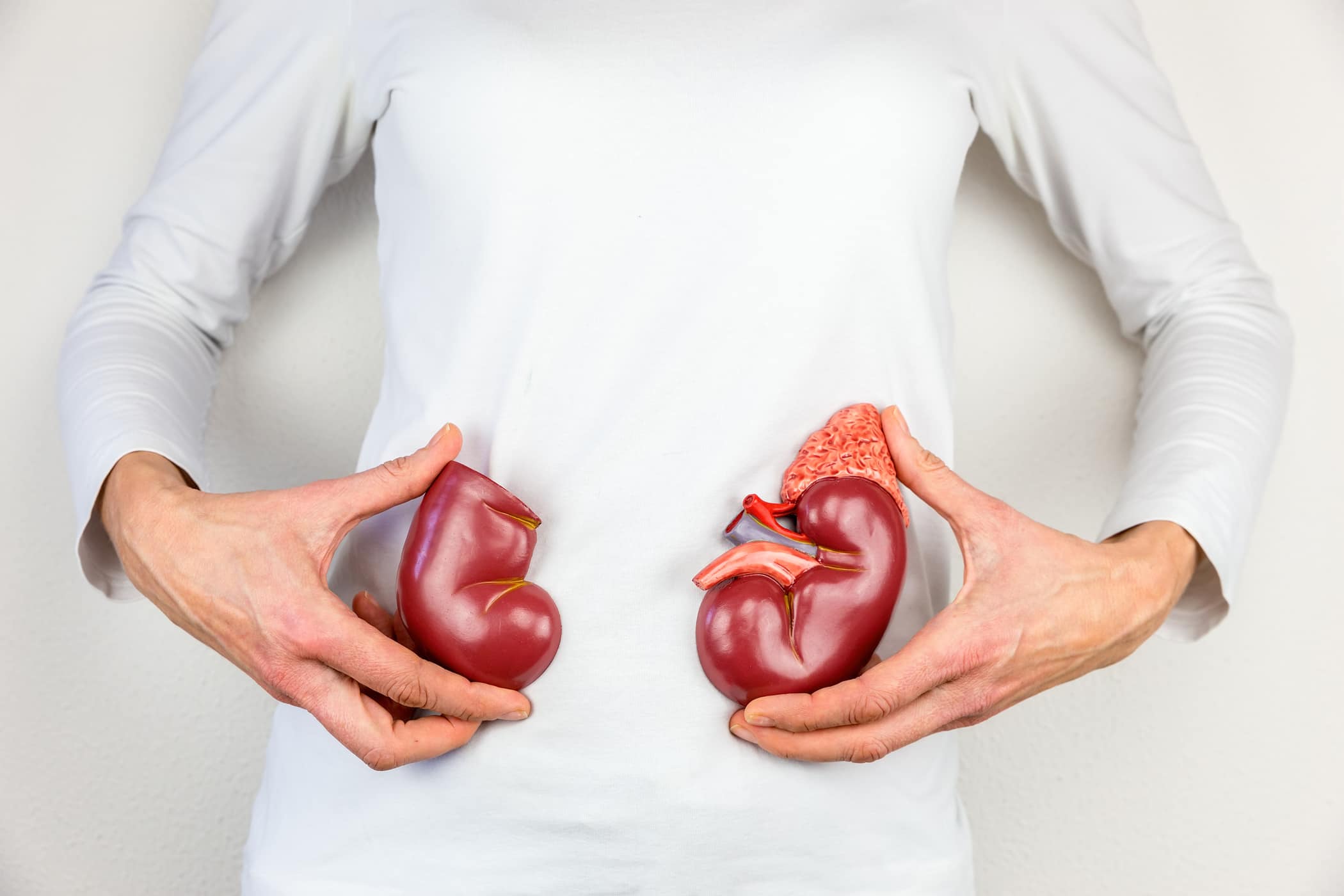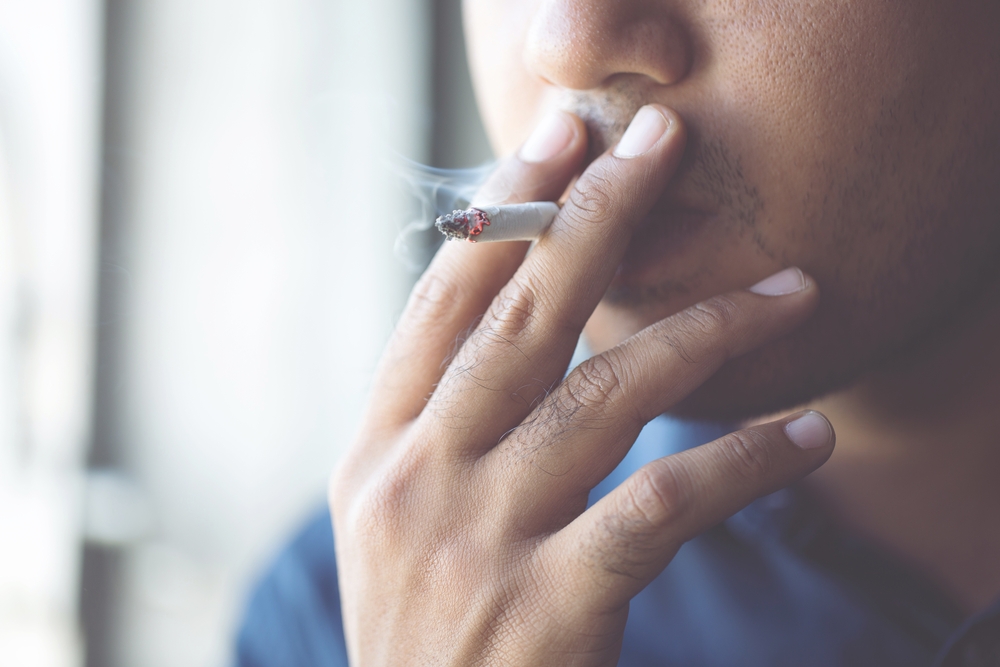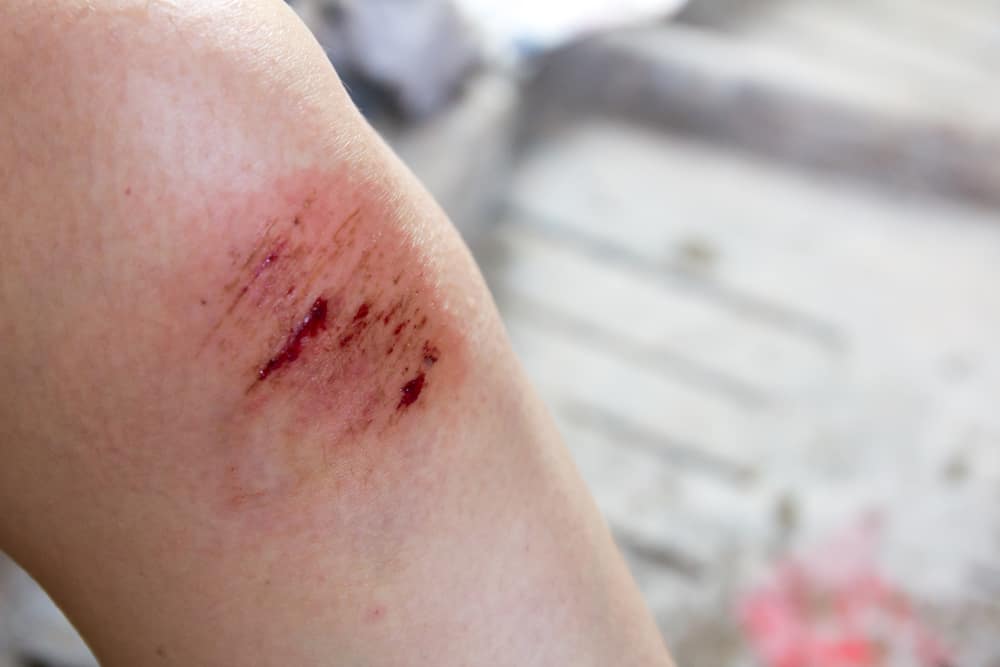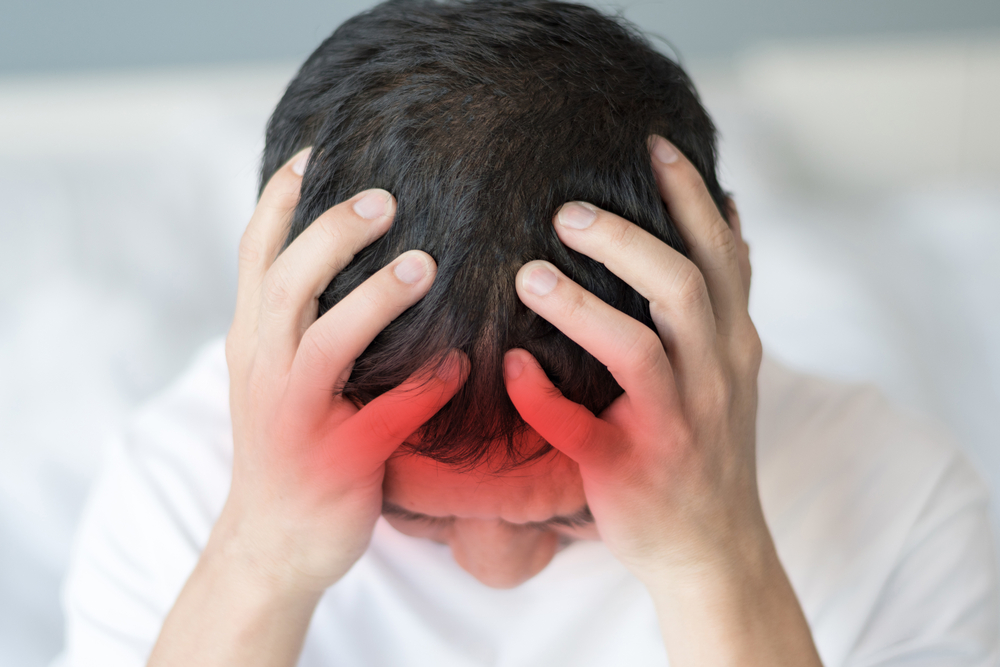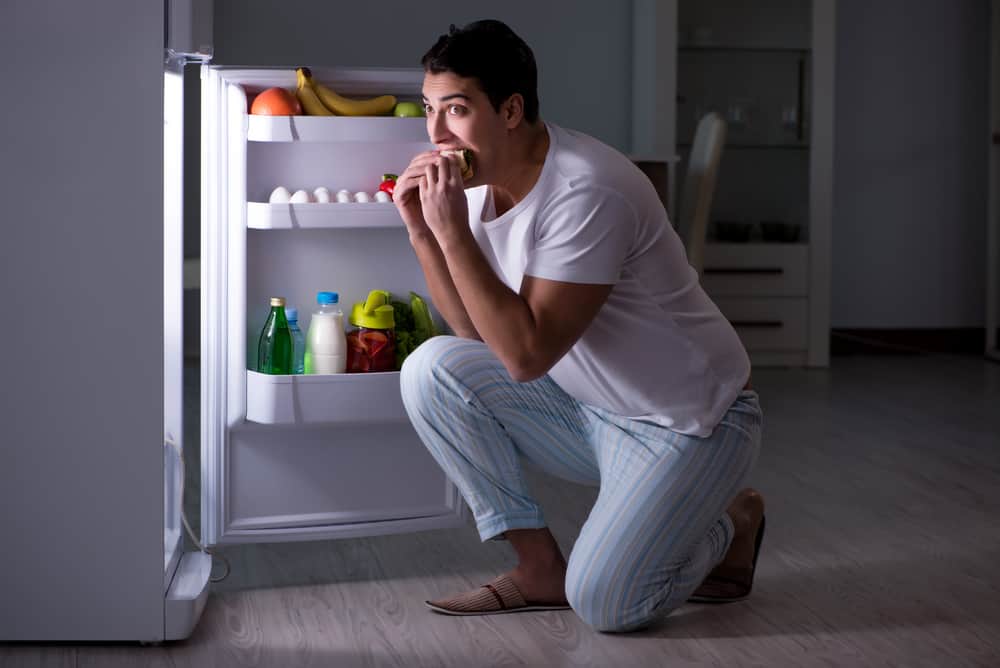Contents:
- Medical Video: Energy Drinks and Your Heart
- What is meant by energy drinks?
- Is it true that energy drinks are dangerous for the kidneys?
- So, can you drink energy drinks?
Medical Video: Energy Drinks and Your Heart
For some people, energy drinks can help restore vigor when working or exercising. However, some say that drinking energy drinks is dangerous for kidney health. Is that true? See the following explanation.
What is meant by energy drinks?
Energy drinks are drinks that are marketed to increase energy and brain performance. Caffeine is the main ingredient in energy drinks. Caffeine in this drink serves to stimulate brain function and increase alertness and concentration while on the move. The amount of caffeine in each brand can vary. Apart from caffeine, there is taurine, sugar, and ginseng.
Is it true that energy drinks are dangerous for the kidneys?
Energy drinks are drinks that are very high in caffeine. In the 2014 Annals of Pharmacotherapy journal, the effect of caffeine in energy drinks on kidney damage is still rare. Of the 166 reports about the negative effects of energy drinks, only three have a link with kidney failure, the mechanism of which is unknown. Three of these cases also occur in the consumption of very large amounts of energy drinks.
Although the effects of caffeine in energy drinks are still rare, too much caffeine does make the kidneys work harder.
Caffeine is a diuretic, which increases the speed of urine formation so that you urinate in large quantities more often. So, caffeine makes the kidneys work harder in removing fluids from the body to form urine.
Especially if you consume energy drinks while sweating. In addition to water coming out of the skin, energy drinks will also expel your body fluids through urine. Dehydration is also very possible.
Generally, energy drinks contain around 80-200 mg of caffeine per can or bottle. Caffeine is actually safe if taken in small doses, such as a glass of tea or a cup of coffee. However, caffeine will be dangerous when consumed in large quantities, for example up to more than 400 mg a day.
Excessive caffeine consumption has an impact on kidney stone formation. Caffeine will increase urine calcium levels. The researchers suspect that because of the increase in urine calcium, there is a slightly increased risk of calcium oxalate kidney stone formation after consuming large amounts of caffeine in the long term.
The effect of energy drinks on the human kidney still needs to be studied further. However, research on the effects of energy drinks on the kidneys of animals, namely mice, shows a fairly close link. Reported from Live Science Journal, in 2014 a study was conducted using three different brands of energy drinks on rat kidneys.
Apparently, the energy drinks tested in mice can cause permanent changes in kidney structure. This change in kidney structure will reduce kidney function in the body.
Besides caffeine, energy drinks also contain taurine. Taurine is a substance containing sulfur and protein. Too much consumption of energy drinks, then taurine will accumulate more in the body. Especially for people who have filtering problems in the kidneys, it will be more difficult to filter taurine in the body.
The combination of taurine and caffeine in energy drinks is thought to have the effect of increasing blood pressure. High blood pressure can trigger kidney disease.
So, can you drink energy drinks?
For people who are at risk for heart disease, or kidney disease, you should limit your consumption of energy drinks, especially those with high caffeine and taurine.For those of you who are healthy, drink it occasionally. However, do not make energy drinks as your daily drink or as a substitute for water.
Although each energy drink product has a different caffeine content, at least a bottle of 237 ml energy drink can contain around 80 mg of caffeine, equivalent to a cup of coffee.
However, there are also energy drinks that act as "extra energy boosts" so that consumers are promised to be more alert and powerful. Such products usually give a higher dose of caffeine, which is up to 200 mg of caffeine.
The difficulty is, energy drink companies rarely include caffeine levels in each of their product packaging. Therefore, consumers can miscalculate caffeine intake in a day.
Therefore, if you have consumed a bottle of energy drink in one day, reduce foods and beverages that contain other caffeine such as tea, chocolate or coffee. If you have excess caffeine, you will harm your kidneys and your health in general.

